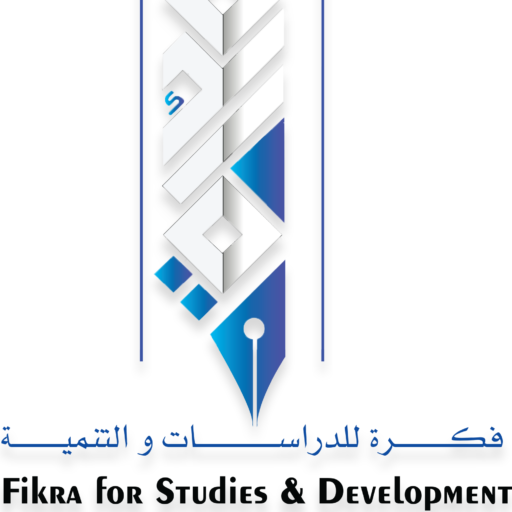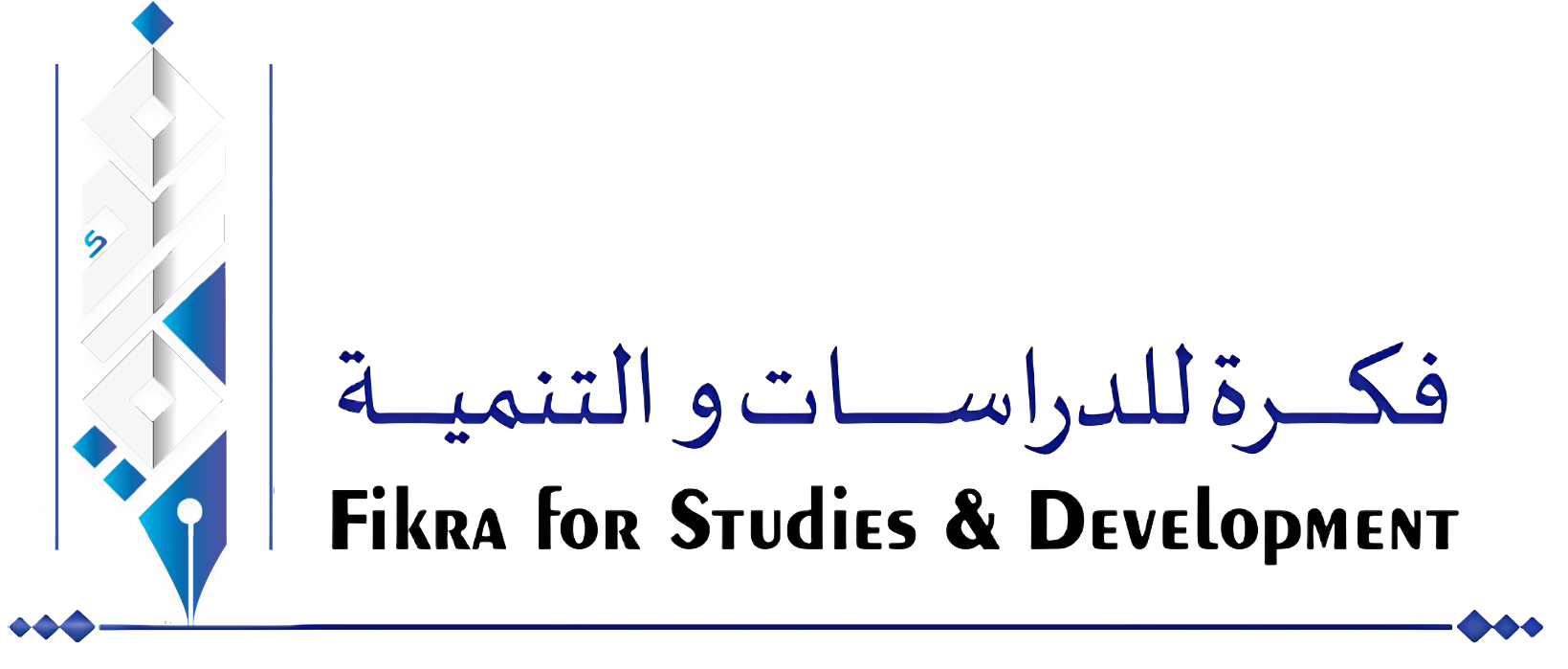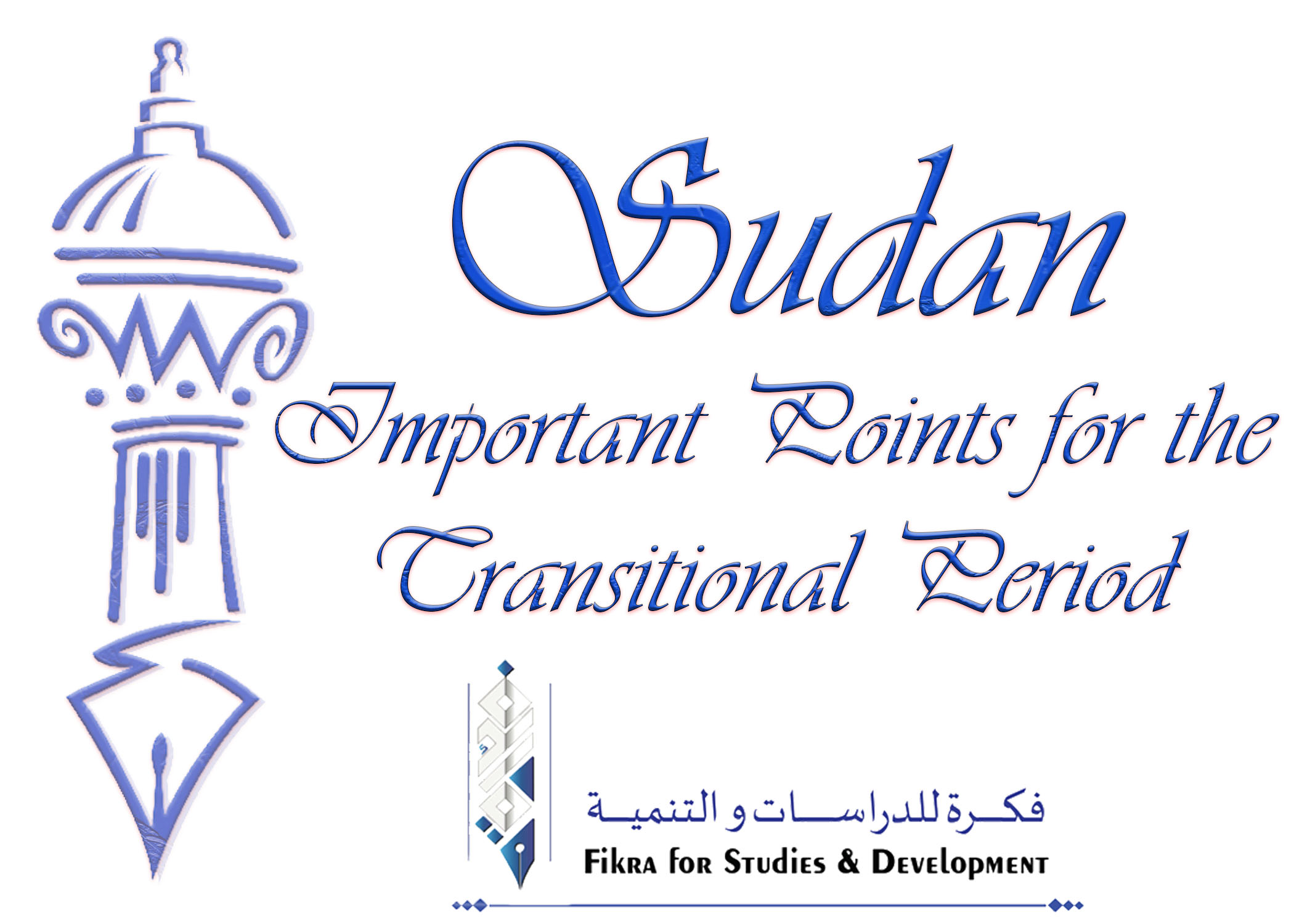Sudan: Important Points for the Transitional Period
Sudan: Important Points for the Transitional Period
I hope that the meaning of this text will be included in any constitutional document that is being negotiated now. I also hope that this negotiation will be free of any tendency to limit transitional measures to merely superficial and formal changes, or to limit it to redistributing the chairs of power among the negotiating parties, because doing so opens more than one wide door to failure, and such failure will lead to civil war and further fragmentation of the homeland.
During our current transitional period, there is a lot of political and social competition, which is normal for such periods. However, through legislative institutions as regulatory and monitoring frameworks in compliance with the law, this competition can be managed in favour of the success of the transitional period. If these institutions are not in place, it’s likely that the political process won’t be able to carry out the tasks of the transition. On the other hand, an effective legislative council is the only thing that can keep the political and democratic transformation processes going during the transitional period, keeping them away from tendencies of exclusion, eradication, or hijacking.
One of the most crucial and perilous duties and responsibilities of the Transitional Legislative Council is to monitor the performance of the government, hold it accountable, and, if necessary, change its composition in order to uphold the principle of preventing the abuse of power and protecting the rights and liberties of citizens.
In this context, we refer to the issue of broadening the base of participation in the management and leadership of the transitional period, which is a reasonable and objective demand that can be met through the Transitional Legislative Council, with the importance of strict adherence to the formation of the Sovereign Council and the Transitional Council of Ministers of independent competencies free of political, partisan, and regional quotas. In addition, inspired by the experience of the current transitional period since 2019, we would like those in control of the current political process to consider the following two points:
First, the 2019 constitutional document mandated the formation of the Transitional Legislative Council within 90 days of the document’s signature. Nevertheless, from the adoption of the constitutional document on August 20, 2019, until the coup d’état on October 25, 2021, all attempts to form the TLC were utterly unsuccessful. Today, the same text—the formation of the TLC within ninety days—seems to be agreed upon in the corridors of the ongoing political process. Considering the current political climate and the complex relationships between political parties, along with the numerous points of contention in the current political landscape, we suggest reevaluating this conventional approach to forming the Transitional Legislative Council. It may be challenging, if not impossible, to adhere to the previous formula within the given timeframe, risking the prolongation of the transitional period while still grappling with the question of how to form the Council.
Instead, we propose the formation of a national mechanism that includes the leaders of all political forces, armed movements, civil society, youth forces, resistance committees, and national figures, with the exception of the former regime’s cronies and those associated with its new banners. Each stakeholder to have one or two delegates representing it in choosing the leadership of the transitional period, the head of state, and the prime minister, and then this mechanism continues to be responsible of the tasks of legislation, oversight, and accountability. In essence, we believe that the matter of forming the legislative institution, in accordance with this or any other proposal, should be given the highest priority before the formation of the executive bodies.
Second, the media reported that the political parties reached an agreement to establish a nine-member Sovereign Council, with the rationale being that the current Sovereign Council’s armed movement leaders would continue to serve in their current positions. If this is the case, it will result in profound disappointment. The head of state/sovereign council is a symbol of national sovereignty but lacks executive authority under the transitional system of government. As a result, logic mandates that it be one person, or no more than a five-member council if more is required, or if past Sudanese experience must be referred.
As is the case with the leaders of armed movements, if any leader from the armed parties or movements truly wishes to contribute effectively to the issues of transition and to the issues of the social base that he represents and declares to be a defender of their rights, his appropriate position is membership in the Transitional Legislative Council, or perhaps the Security and Defense Council as well for security arrangements, and not the Sovereign Council. This council’s authority is limited to accreditation, signature, ratification, and sponsorship, unless it is a matter of the prestige of the office and its allowances, which will only serve to satisfy personal ego!
In general, the experience of the Sovereign Council prior to October 25, 2021, whose membership reached fourteen heads of state, was not successful with its membership testimonies, whereas the Sovereignty Council, formed after the coup and after the exemption of its civilian members, was useless and meaningless, and of course, ineligible!
Dr. Elshafie Khidir Saeed
A Sudanese pro-democracy political scholar, thinker and writer. He has a long track-record in the struggle against military dictatorships for realizing democracy, rule of law, peace and political stability in Sudan. He was subjected to political detention for five years in the 80th of the last century, and he went underground for many years fighting the Ingaz regime. Dr. Elshafie has a number of published writings on the consolidation of democracy and the intersections between the roles of the tribe, the army and politics in Sudan.
Dr. Elshafie can be contacted by email: eksahmed@gmail.com, elshafie@fikrasd.com.


